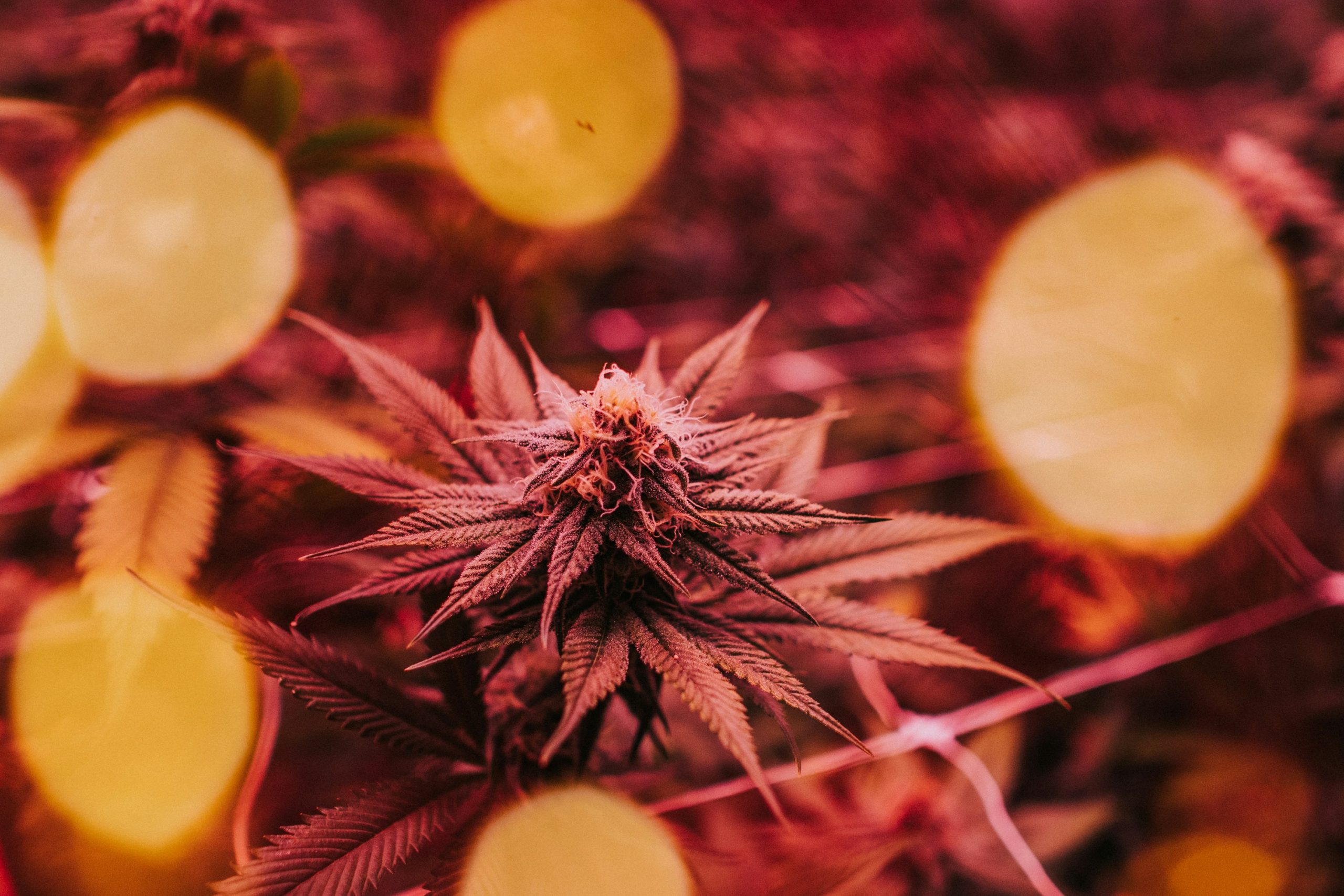Did you know that cannabis contains hundreds of terpenes, such as pinene, the same aromatic compounds present in flowers, fruits, and even spices? While the cannabis world is brimming with intriguing and unique compounds, none spark quite the same level of curiosity and intrigue as terpenes. Although they may not get the same attention as THC, these fascinating molecules impact the aroma, flavor, and potential therapeutic effects of cannabis.
What are terpenes exactly? They are natural compounds that play a crucial role in the flavor and aroma of a cannabis strain. Terpenes are responsible for scents such as pine and lavender, used to make essential oils, and contribute to the bitter taste of the hops in some of your favorite IPAs. Unfortunately, misinformation and myths about terpenes are widespread. Today, we will share some cannabis terpene facts and information to separate fact from fiction.
Myth 1 – Terpenes are the Sole Determinants of Cannabis Effects
While terpenes, such as limonene, undoubtedly influence the experience, they work synergistically with other cannabinoids like THC or CBD. You should know that the interplay of these compounds helps create the unique effects of each cannabis strain. Some terpenes, like myrcene, are well-known for their relaxing effects, enhancing the absorption of cannabinoids through your skin. So, terpenes are a crucial component of cannabis effects, but they definitely aren’t the sole determinant.
Myth 2 – Cannabis is a Gateway Drug
Have you heard the outdated idea that marijuana is a soft “gateway” to using other drugs like LSD, cocaine, and heroin? The divisive notion that cannabis is a gateway drug is one of the most controversial and widely debated topics. The use of cannabis as a gateway drug isn’t fully supported by scientific evidence and research.
Research by the National Institute on Drug Abuse also debunks this myth. Social environment and individual factors, including peer pressure and lack of support networks, not cannabis use, are more significant predictors of drug use. In fact, some people hail cannabis as more of an “exit drug.” Why is that? Because of its unique potential to help people in recovery from drug and substance use disorder.
Myth 3 – Specific Terpenes Produce Specific Effects
You may think this is true, but the truth is more nuanced. While terpenes contribute to the overall aroma and flavor profile of cannabis, attributing distinct effects solely to individual terpenes oversimplifies the complex interaction between cannabinoids, terpenes, and the individual’s unique physiology. The entourage effect, which underscores the synergistic collaboration between various compounds in the cannabis plant, suggests that the combined presence of cannabinoids and terpenes influences the overall experience.
Individual responses to terpenes can vary widely, making it challenging to establish a direct and consistent correlation between specific terpenes and particular effects. Recognizing the multifaceted nature of cannabis chemistry encourages a more comprehensive perspective on the plant’s therapeutic potential.
Myth 4 – Cannabis is Highly Addictive
Although the risk of dependence exists, it’s significantly less likely than with other substances like alcohol, ecstasy, and nicotine. Research indicates low rates of withdrawal symptoms, usually milder than those linked to other addictive substances. Also, the addiction risk is much lower when cannabis is medically prescribed and used under strict clinical guidance.
In fact, cannabis is significantly less addictive than several standard or popular pharmaceutical alternatives patients might have previously been prescribed, including Tramadol (opioid), Diazepam (Valium), and Methylphenidate (Ritalin).
Myth 5 – Terpenes are Psychoactive
People often talk at length about the psychoactive effects of THC. However, the terpenes benefits also play a vital role in shaping the unique experience of each cannabis strain. Unlike THC, which directly impacts your brain’s cannabinoid receptors, terpenes are non-psychoactive.
While they contribute to the overall experience, terpenes don’t produce or trigger the “high” associated with THC. You should understand the various terpene profiles in cannabis to tailor your experience and maximize the potential therapeutic benefits of each cannabis strain.
Myth 6 – Terpene Profiles are Consistent Across Cannabis Strains
No doubt, there’s some degree of consistency in the presence of specific terpenes across various strains. However, the specific ratios and concentrations of these terpenes tend to vary significantly. Environmental factors, post-harvest handling, and cultivation practices, including fertilization, watering, and pruning, can greatly influence terpene profiles. It is prudent to look for batch-specific terpene analysis for accurate and credible information.
Myth 7 – Cannabis Causes Cognitive Decline
The effect of cannabis on cognitive function and IQ, especially with long-term use, is hotly debated and extensively researched. Heavy, prolonged adolescent use may have an impact on cognitive function such as affecting response time, oculomotor deficit, and word viewing time. However, keep in mind that the relationship is complex. Research suggests that the impact of cannabis on cognitive function varies based on factors such as frequency of use, age of onset, and individual susceptibility.
Additionally, some studies propose that cognitive deficits associated with cannabis use may be reversible upon discontinuation, highlighting the importance of considering the context and duration of use. It is crucial to distinguish between acute intoxication effects and long-term consequences, as well as to recognize that not all cannabis users experience the same degree of cognitive decline. Scientific inquiry into the subject remains ongoing, emphasizing the need for a balanced and evidence-based perspective when evaluating the potential cognitive effects of cannabis use.
Final Thoughts
Cannabis and terpenes are fascinating molecules with potential therapeutic applications and benefits. However, it’s crucial to avoid perpetuating cannabis and terpene misconceptions and myths. With more research studies, we will hopefully gain a deeper and more comprehensive understanding of these powerful aroma compounds in cannabis and their potential benefits.
HOTBOX believes in empowering customers with accurate information and a deeper understanding of the cannabis they consume. As a reputable and trusted industry leader, we provide an extensive selection of products, including cannabis edibles, vape pens, pre-rolls, and more. Get in touch with the experts at HOTBOX at 818-686-2942 to discover the perfect fit for your preferences.





